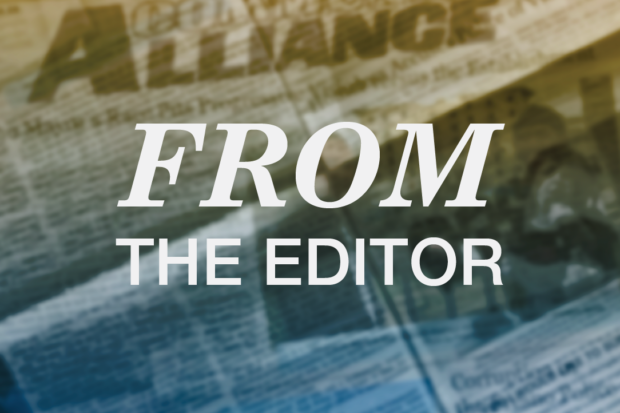
Recently, public health officials stated that fully vaccinated people (for Covid-19) can stop using masks in open spaces and in small gatherings in closed spaces. This statement created some confusion because it means that those who didn’t get vaccinated should keep on using the mask, something they won’t do.
So, those anti-vax, anti-mask people could spread the virus openly, meaning the pandemic will stay with us for the long haul, inflicting more deaths and sorrow. Public health experts said repeatedly that being vaccinated does not necessarily mean you won’t get the virus, but it can greatly help you not to end up in an ICU—or dead. And this is not small potatoes.
Getting vaccinated is crucial to control the pandemic, as well as to keep the protocol—use the mask in public, keep social distance and wash your hands when coming back to your house.
Unfortunately, the pandemic became a political issue rather than a public health one. The anti-vax, anti-mask people expressed themselves openly, in some cases in a brutal, aggressive way. Without a doubt, this is the political base of the current right-wing movement—and many of them are Trump sympathizers.
In California, this right-wing movement is using such a base for the Recall Newsom attempt. Most of those managing this attempt are the same ones who were involved in the pitiful administration that mismanaged the country from 2017 to 2020. If California succumbs to this right extremist movement, social disparity will grow much deeper and the efforts to control climate change will disappear. To oppose the recall is our responsibility.
Continuing with our series of book presentations and panel discussions, on June 3 the Community Alliance will present the online speaking event “Museums, Monuments and Commemorations,” a presentation and dialogue about an eye-opening book written by a UC Merced professor, Dr. Robin Maria DeLugan.
The book, Remembering Violence: How Nations Grapple with their Difficult Pasts, explores how historical memory—namely efforts to remember the nation’s past—motivates reflection on the meaning of national belonging and involves goals to address long-standing exclusions. Focusing on three case studies—El Salvador, Spain and the Dominican Republic, DeLugan examines how new attention to each nation’s difficult past aims to create a more just and inclusive national society.
Each of those countries is remembering 1930s violence.
- In El Salvador, it is the memory of the 1932 massacre of tens of thousands of indigenous people that is being recalled today.
- In Spain, it is the memory of the Spanish Civil War of 1936–1939, in particular the memory of the Republican forces who were defeated and the repression of historical nationalities that followed.
- In the Dominican Republic, it is the memory of the 1937 genocide of Haitians in the border region where Dajabon is on the DR side and Ounaminthe on the Haiti side of the violence ordered by dictator Rafael Trujillo.
Please join us for this interesting conversation. To register, visit bit.ly/mmc-delugan.
Until next month.

